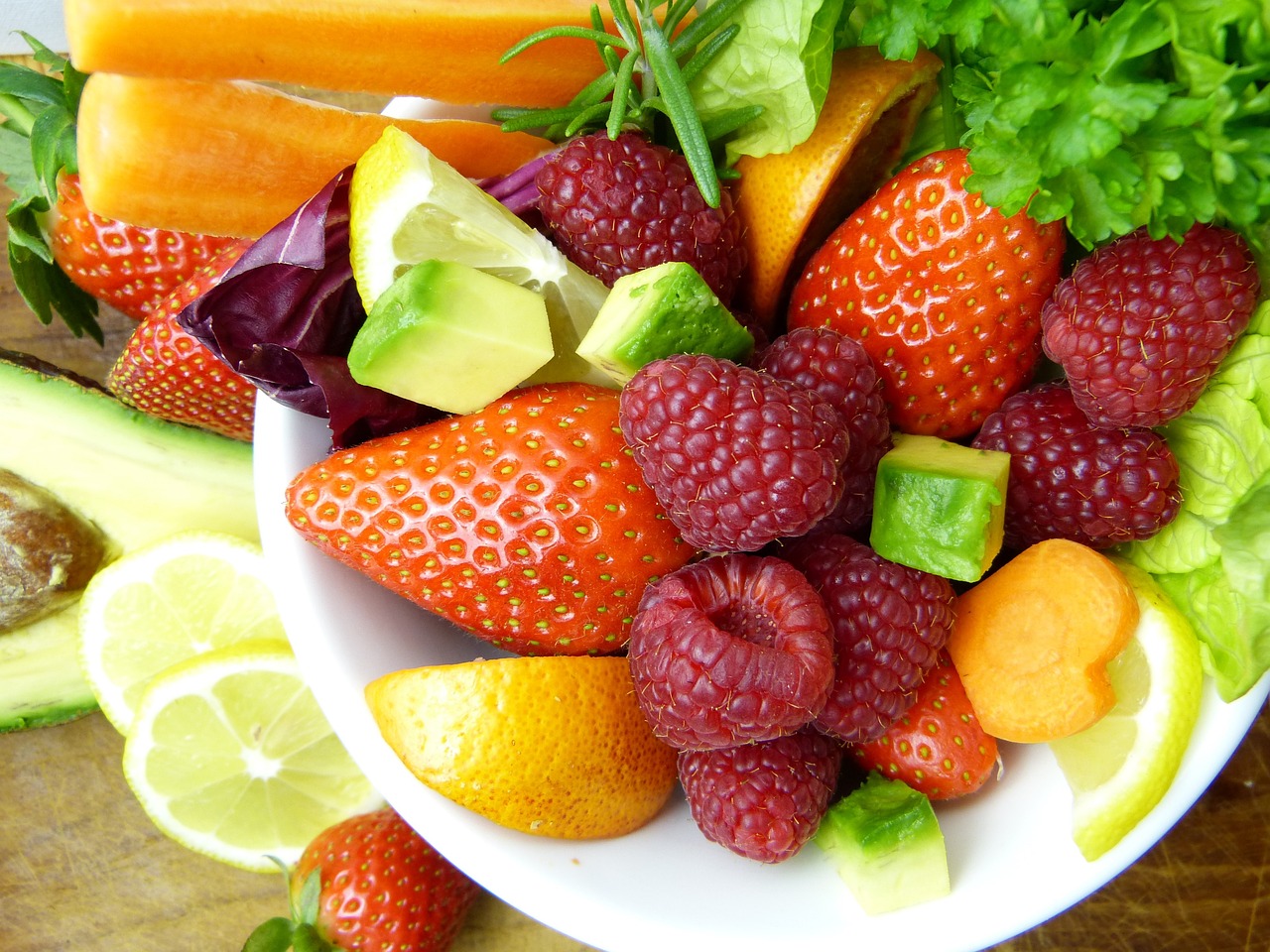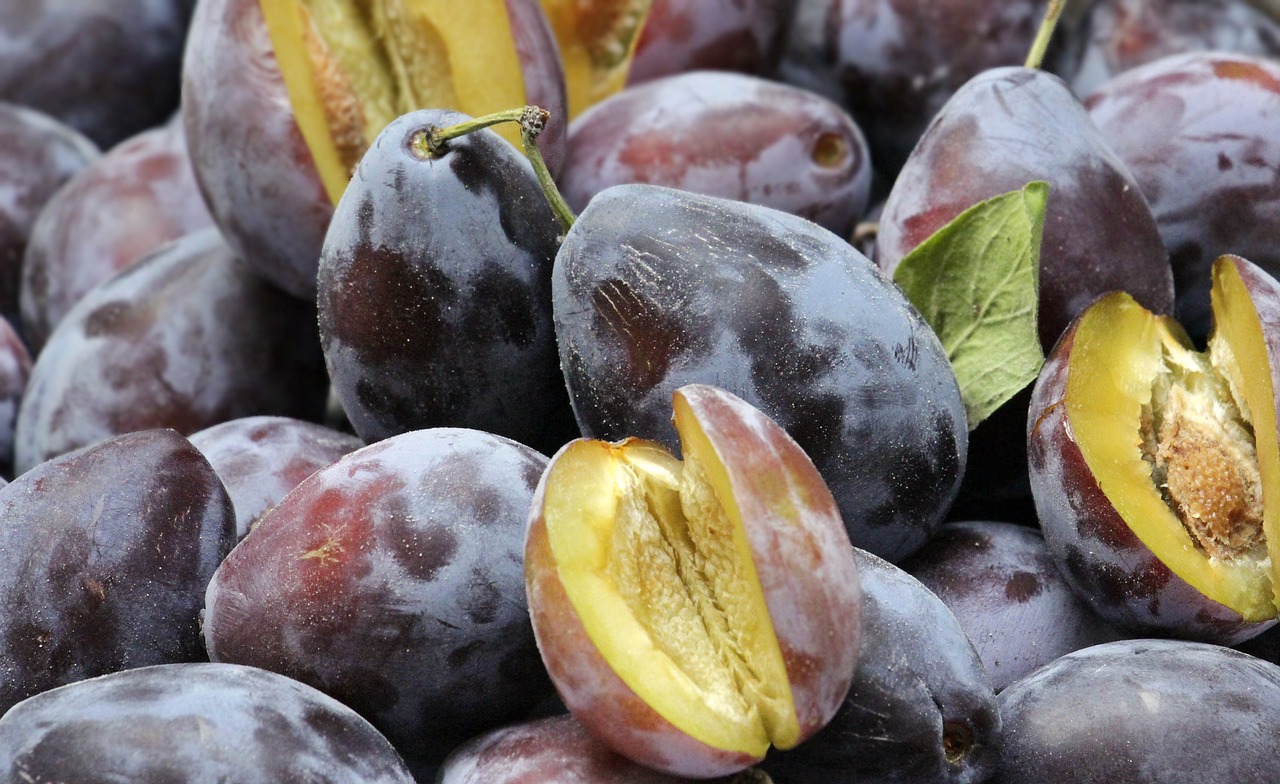Fruits and vegetables are an important part of any diet, but what is better; Fresh vs Frozen?. They are packed with vitamins, minerals and antioxidants that are essential for good health. But what’s the best way to get these nutrients – should you buy fresh or frozen fruits and vegetables? The answer may surprise you. Fresh fruits and vegetables are not always the best choice when it comes to nutrition.
Table of Contents
Nutritional Content of Fresh vs Frozen Fruits and Vegetables

It is a common misconception that frozen fruits and vegetables are nutritionally inferior to their fresh counterparts. However, this is not always the case. In some cases, frozen fruits and vegetables can be more nutritious than fresh. Here we will take a look at the nutritional content of fresh and frozen fruits and vegetables to see which is better for you.
In some cases, frozen fruits and vegetables may be more nutritious. In this blog post, we’ll explore the nutritional differences between fresh and frozen fruits and vegetables. We’ll also discuss the environmental impact of each option and give you some tips on how to choose the best option for your needs.
When it comes to vitamins and minerals, there is no significant difference between fresh and frozen fruits and vegetables. Both types of food contain the same vitamins and minerals, just in different amounts. However, it should be noted that freezing causes some loss of water-soluble vitamins, such as vitamin C and B vitamins.
In terms of antioxidants, frozen fruits and vegetables may actually have more antioxidants than fresh. This is because when food is freshly picked, it begins to lose its antioxidant content immediately. Freezing foods helps preserve these important nutrients.
When it comes to fiber, again there is no significant difference between fresh and frozen fruits and vegetables. Both types of foods contain the same amount of fiber. However, it should be noted that some frozen fruits and vegetables may have less fiber than their fresh counterparts due to the processing involved in freezing them.
In general, there is no clear winner when it comes to the nutritional content of fresh versus frozen fruits and vegetables. It really depends on the individual fruit or vegetable in question. However, in general, both types of foods are quite similar in terms of nutrition.
The health benefits of fresh and frozen fruits and vegetables

When it comes to getting the most nutritional value for your money, fresh and frozen fruits and vegetables are excellent choices. However, there are some key differences between the two that you should be aware of.
Fresh fruits and vegetables are usually more expensive than frozen, but they also tend to have higher levels of vitamins and minerals. They are also generally more perishable, so you will need to eat them faster before they spoil.
Frozen fruits and vegetables, on the other hand, are usually cheaper and can last longer in the freezer. They may not be as nutrient-rich as fresh produce, but they’re still a good source of vitamins and minerals. And since they come already cut and ready to eat, they can save you time in the kitchen.
Which is better for you, fresh or frozen?
There are many factors to consider when it comes to determining whether fresh or frozen fruits and vegetables are best for you. The first is nutritional content. Fresh fruits and vegetables tend to have more vitamins and minerals than frozen. This is because the freezing process can cause some of these nutrients to be lost.
Another factor to consider is price. Fresh fruits and vegetables can be quite expensive, especially if you buy them out of season. Frozen fruits and vegetables are usually much cheaper, as they can be purchased in bulk and stored for long periods of time.
The last factor to consider is the convenience factor. Frozen fruits and vegetables are often easier to prepare than fresh, since they don’t need to be peeled or chopped. They can also be stored in the freezer for longer periods of time, which means you don’t have to worry about them spoiling quickly.
So which is better for you, fresh or frozen? It really depends on your individual needs and preferences. If you want the most nutrition possible, then fresh fruits and vegetables are probably your best option. But if you are on a limited budget or looking for convenience, then frozen fruits and vegetables may be a better choice for you.
How to get the most out of your fruits and vegetables
One of the best ways to get the most out of fruits and vegetables is to eat them fresh. Fresh fruits and vegetables are packed with nutrients that can help your body stay healthy and function properly. However, if you can’t find or buy fresh fruits and vegetables, frozen fruits and vegetables can be a good alternative.
Frozen fruits and vegetables are generally flash frozen shortly after harvest, which helps preserve their nutrient content. However, some nutrients may be lost during the freezing process. Frozen fruits and vegetables can also be more expensive than fresh.
To get the most out of your fruits and vegetables, try to eat a variety of both fresh and frozen options. Choose fresh fruits and vegetables when they are in season and choose frozen when they are not. Eat a mix of different colors of fruits and vegetables to get the maximum benefit from all the different nutrients they contain. And don’t forget to wash your produce well, regardless of whether it is fresh or frozen.
Conclusion
When it comes to fresh and frozen fruits and vegetables, there are some key nutritional differences to keep in mind. Fresh produce is generally more nutrient-rich than frozen produce, but that doesn’t mean that frozen fruits and vegetables lack nutrients. In fact, freezing can help preserve some of the nutrients in produce. So, if you’re looking for the most nutrient-rich option, opt for fresh. But if you’re looking for something that’s more convenient or economical, frozen fruits and vegetables can also be an excellent choice.